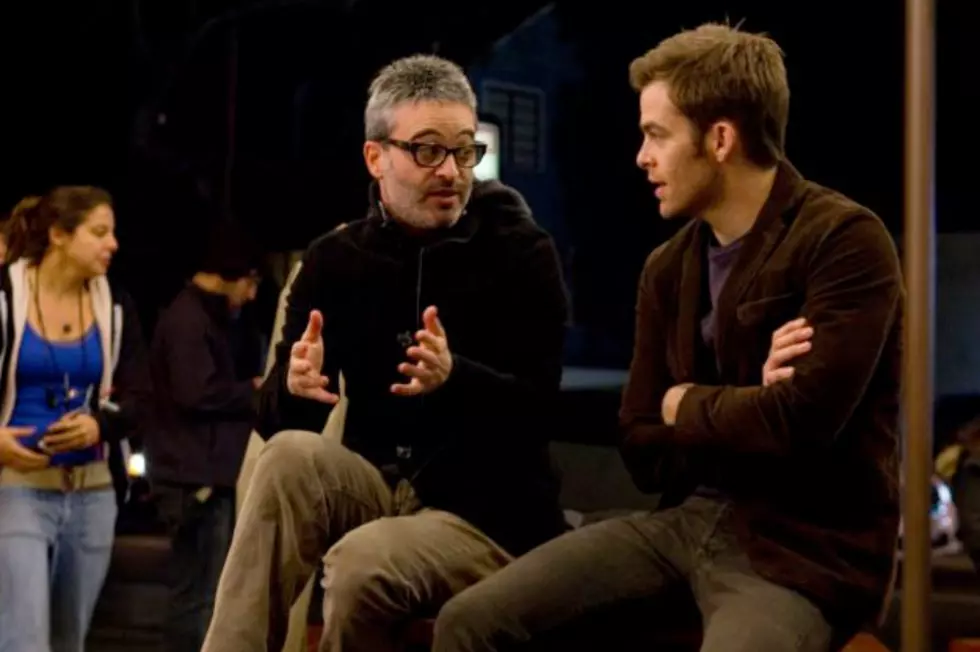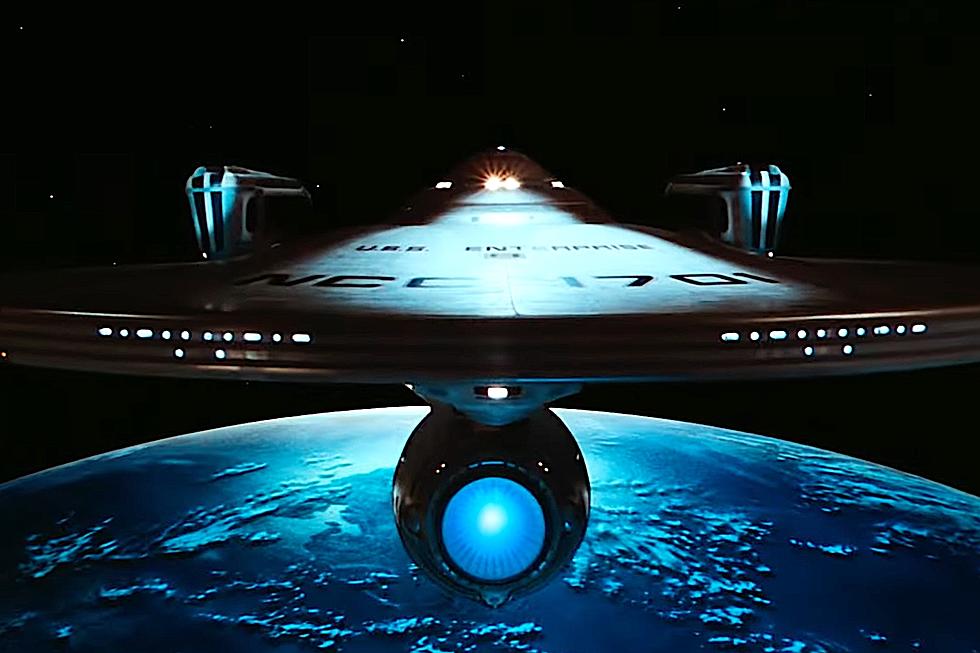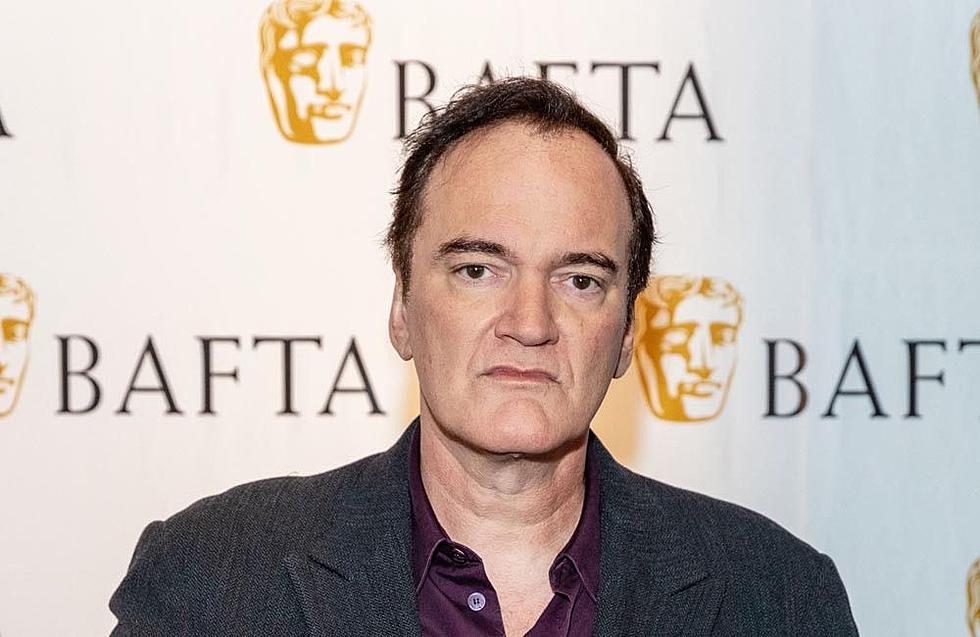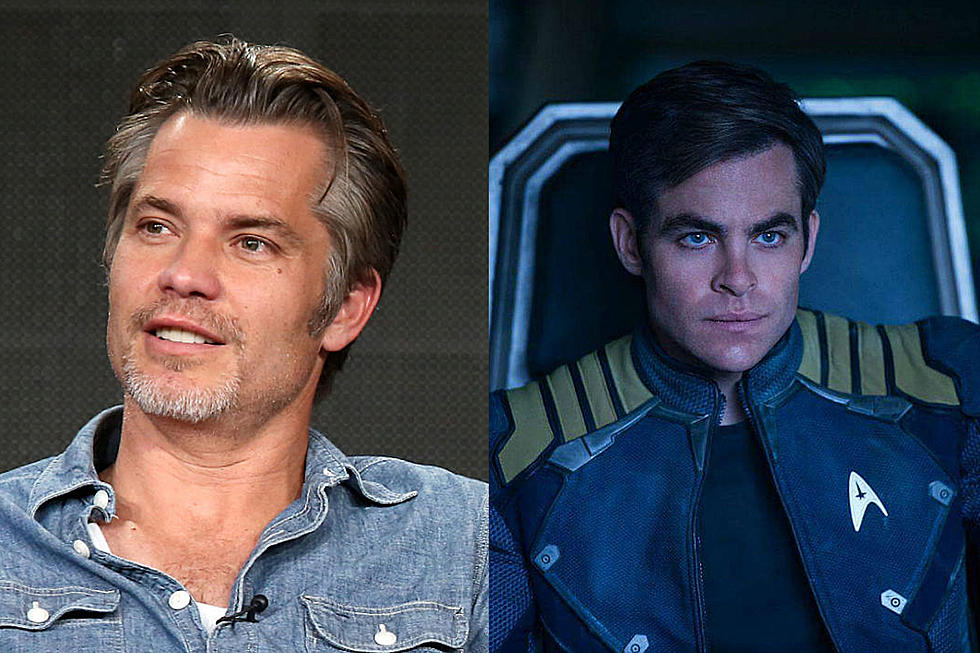
Alex Kurtzman Interview: Talking ‘People Like Us’ and the Secrets of ‘Star Trek 2′ and ‘Amazing Spider-Man 2′
Alex Kurtzman has crafted a remarkable career as a genre film and television writer/producer. He and partner Roberto Orci have been attached to some of the most beloved science-fiction offerings of the last several years. From televisions ‘Fringe,’ to the wildly successful cinematic ‘Star Trek’ reboot (as well as the sequel that is currently in production), the pair has left a sizable imprint on the industry. As just one example of their upcoming projects, and prior the release of the first, the writing duo has been tapped to write ‘The Amazing Spider-Man 2.'
But roughly eight-years-ago the prolific geek and action-centric scribe felt the urge to explore the possibilities that a smaller, more intimate drama may offer. Inspired by events from his own life, Kurtzman began to draft a script for what became ‘People Like Us,’ the story of two siblings who grew up in different households, who live in vastly divergent worlds and yet come together and connect as adults.
With the film’s release this Friday, June 29th Kurtzman unveils his directorial debut, as well as a small piece of the most private corners of his own experience. It is a film one rarely sees these days. It invites the audience into a, dare I say it, adult conversation about the imperfect nature of relationships and the missteps that we often make that can still manage to bring us to something beautiful.
We had the opportunity to speak with Kurtzman recently about shifting gears for ‘People Like Us’, the movies he credits with changing his life and crafting large-scale event films in a post-Nolan Hollywood.
You've had such a distinct career working in genre film and television. Is one of the gifts of working on ‘People Like Us’ the opportunity to, at least momentarily, move away from that a bit?
I guess it isn't so much that I wanted to break away from genre as I wanted to have the opportunity to do other things as well. I've loved working on the movies that we've worked on and I want to continue to do that but I also feel like the key to life is balance. And it was such a satisfying experience to do this movie which is probably why I dragged it out over eight years. I loved living in the world of it and if I can do more of both I'll be really, really happy.
We don’t see many of these types of films these days. It feels like a film of another era in a way. But, I’m starting to see that pop up here and there. Soderbergh is doing some films that have a less rigidly formulaic structure. Do you think the appetite for a wider range of stories and characters is growing again?
I hope so. I feel like some of the most satisfying experiences I've had at the movies are with movies that are dramas or dramedies, or whatever you want to call them, where you see a version of yourself on screen in some way or at least aspects of yourself. And I feel like I hear more and more that audiences want more of that too. Sometimes you go to the movies to have a roller-coaster ride and that's fantastic. And sometimes you want to go there and just have an emotional experience. I think either way you go there for an experience. You go there to lose yourself in a world. I know the studios aren't making these kinds of films as much anymore and those movies tend to be made more in the independent world, which is great, whenever we can get them, I'll take them.
My understanding is that this isn’t the literal beat-for-beat retelling of how you and your sister reconnected, but it is inspired by what happened for you both. What were the crucial elements of your own story that you wanted to bring to the screen?
I think when we got to know each other and sort of compared notes about our lives and where we had been, tracking the different trajectories of our lives, the most overriding feeling that we both had was a sense of lost time and, ‘God I wish I'd known you and I wish we could have taken care of each other when we were little.’ And that's a big part of what Frankie and Sam were going through in this movie. I think that they were recognizing that they needed each other and that at the end of the day, even though they found each other so late in life, that it isn't too late. They can start from here. The movie ends at a beginning in a lot of ways. It ends at a place where they can start and I think that's very true to my experience in a lot of ways.
I loved what was unsaid in the film as much as what was said. Can you talk about finding that rhythm and trusting the characters to stand on their own without telling the audience how they ought to feel about them?
I mean part of why it took eight years was that I wanted the narrative to be balanced. So that even the characters that aren’t in the foreground all have a really distinct point of view and a really interesting story. I think the idea of getting to know these characters, thinking that you know them at the beginning, and then coming to the end of the movie and seeing that not only are they different, but your understanding of who they are has changed, is what really appealed to me. The truth is that I think, as in life, you can make snap judgments about people and then when you find out why they made certain decisions you understand that there is more to it than you initially thought. And I really wanted to make a movie where the audience could go through that journey and have that ride of understanding that life is complicated and sometimes decisions that are made out of the best of intentions can still really hurt people. They may seem on the surface like bad decisions, but maybe they were coming from a good place. And everyone has their limitations, and everyone is doing the best they can. That to me is really what I wanted the movie to be about.
You mentioned that you’d like to see more films like this and that it can be challenging to get them made. Do you feel like people in the industry who’ve built up some measure of cache ought to pursue these kinds of stories periodically?
It depends. I don't think people should do it just to do it. I think they should do it if they believe in it and they have a story that they want to tell. It's a scary thing because it's a hard thing to get studios behind those movies. It's a hard thing to get audiences to flock in the same way that they flock to a big action-adventure movie. But it's also an experience that can stay with you for the rest of your life. You'll always remember what it was like when you saw a particular movie. Certainly that’s the case for me. Some of my favorite movies were life changing.
What are some of those movies for you?
You talked about Steven Soderbergh and when I first saw 'Sex, Lies and Videotape' that really changed my life because I had never seen anything like that before. I was very young when the movie came out and it was kind of the beginning of the Indie film movement. For me the idea that people sitting in rooms talking for two hours could hold my attention was just amazing. I was magnetized to that movie. I couldn't stop watching it. And I loved the writing. It just jumped off the screen. When I saw 'Kramer vs. Kramer,' which I saw later because I was too young then it came out, I thought it was extraordinary. The characters, with all of their flaws, are beautiful. And the redemption at the end of that story felt like it was so earned. I remember seeing 'Good Will Hunting,' actually, and that movie changed my life. Bob (Orci) and I were very young and just starting when we saw that and those guys made this movie and they were up there and the world loved it and it had come from a really honest place.
There seems to be a couple of approaches that filmmakers are taking these days to telling the kind of stories that they want to. Soderbergh, in my imagination, takes the ‘one for me, one for you’ approach.
That's absolutely right.
But Christopher Nolan has developed a sort of combined approach where he’s working towards creating the art house blockbuster. I see Marc Webb’s ‘The Amazing Spider-Man’ in a couple of days, but from what I have seen, it looks like he’s trying to strike that balance with the tone. Is that what we can expect from the sequel?
I think we'd be doing the movie a huge disservice if we didn't. Without giving anything away about the new movie I think that one of the reasons why we loved it so much was for its tone. We loved the old 'Spider-Man' movies as well, you can't beat those movies, and they’re just absolute delights. But this Spider-Man exists in a very grounded and real world and yet it's highly entertaining, and very moving. I think what Marc did was so remarkable and he was clearly reverent and respectful of everything that we all love about ‘Spider-Man’ and yet it exists in a world that we all feel is right around us, which is very special. Andrew and Emma are extraordinary, they're just extraordinary. I agree with you about Nolan. I think that Nolan is a tough one to replicate. He really does his own thing and he does it in his own way. But I do think that what he did, paving the way for filmmakers, is that he took genre and he made it serious and grounded in the real world. So suddenly you were watching a movie like 'The Dark Knight' and/or 'Batman Begins' and going ‘this movie takes place in my world even though it's much larger than life.’ The Joker is actually a big metaphor for what we deal with on a daily basis which is why I think that movie is so resonant. It's a very tricky thing to know how to walk that line. I think he has his own third rail of electricity that he travels on. And I wouldn't deign to touch it, but I certainly aspire to it.
How do you plan to strike your own balance with ‘Spider-Man’? What do you want to maintain and what do you want to add or update?
If you take on something that is beloved you have to respect and honor, in the DNA of your choices, what that was and what it meant to people. You cannot throw that out. The minute you throw that out you're in serious trouble because you’re alienating, not only your audience, but even audiences that don't know it are going to feel disrespected in some weird way. So you have to ask yourself 'okay, what is this story really about? And what mattered to people?' And you really need to talk to people about that and ask them why they loved it and what they loved about it and protect that and hold true to it. Then I think the question is how do you update it for an audience that maybe doesn't know those things? And sometimes you'll succeed and sometimes you won’t. But the best experience that I can tell you about was from 'Trek' which is something we loved so much as kids. It's a rabid fan base and they've had an extremely protective one, and for a very good reason. And yet there were a whole bunch of people who dismissed 'Trek' or didn't like it and our goal was to say ‘how do we get in a new audience?’ And how do we let the old audience, the beloved audience, know that we are one of them? That's always the goal.
As far as ‘Star Trek’ is concerned, I think one of the things that worked so well was an unrestrained sense of fun. Was there another track you wanted to take on this one? Or is the sequel going to maintain that sense?
No question. It's bigger. It's even bigger and more insane than the first. We delayed the production for a year because we were all so thoughtful on what we wanted to do on the first one. And we really spent the time to feel like if we were going to take this thing on it needed to be right. And what we didn't want to do was let a mandate rush us through the next one. We really felt like we wanted to be protective of it. So we delayed to make sure that we had a story that we all loved and that we had the time to shoot it.
What were the essential things you wanted to have in place? Developing the characters you’d established in a dynamic way? There’s been a lot of talk about the villain (Benedict Cumberbatch) was that what you were working on? The perfect villain? Or striking the right tone?
All of the above. But I think that what we didn't want to do is assume that just because the bridge crew had been brought together that they were the bridge crew that you remember from the original series. That was a crew that had been operating together for a very long time. At the end of our movie they're setting out on their first collective mission really and we didn't want to jump past that. Kirk is still learning what it means to be a Captain that has to lead men and women to their deaths potentially and that crew is still learning how to function as a unit. When you’re thinking about tone, sometimes I think you have to look at what the title is saying and ask if the title asking the audience to take you really seriously or if the tile saying we want to have some fun. And I think you make your decision accordingly.
Do you have an example of a title that's saying 'we want to have some fun?'
I think ‘The Mummy’ which we're about to be breaking story on says ‘I want to have some fun.’ But I also think that the original movies, which we love so much, were of an era and of a moment. And we are now living in a post-Nolan universe. So you've got to figure out a way to bridge the gap.
'People Like Us' hits theaters on June 29th
More From ScreenCrush









